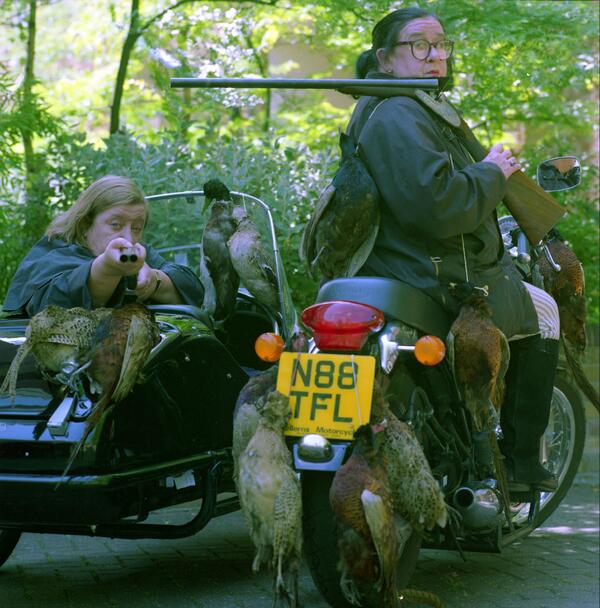Axis 1: Measures for the adaptation of the community fishing fleet
Through the European Fisheries Fund (EFF) around £11 million is available to help fishermen in England to make improvements on their vessels.
Storm Damage Gear Replacement Scheme
Money is available towards the cost of replacing lost or damaged fishing gear, such as crab and lobster pots and other static gear, during the winter storms of 2013/2014. More information on support for fishermen affected by storms.
- General conditions that apply to all grants (PDF 75 KB)
- Application form (PDF 446 KB) and guidance notes (PDF 139 KB)
- Business case and declaration form (PDF 123 KB) and guidance notes (PDF 55 KB)
Claim forms and information – once application has been approved
- Claim form for Storm Damage Gear Replacement Scheme EFF grant (PDF 327 KB)
- Guidance notes for claimants (PDF 81 KB)
- Top 10 tips for claimants
- Details of suppliers and creditors form (AP201) (PDF 1.1 MB)
The EFF scheme was designed to help implement the latest reform of the Common Fisheries Policy. Money is available through the EFF for diversifying into other stocks, for example where quotas are larger and allow for a higher number of days at sea. People have also used EFF funding to afford a range of items which help them to be more productive, such as insulated bins, safety equipment and improvements to crew facilities.
Through the EFF scheme you may get around 40% funding (or more) towards projects costing a minimum of between £1,000 and £1,200. If your idea is smaller than this, you may want to consider combining it with an application for other equipment, or seeing whether your fishermen’s association can submit a joint application.
The following things might qualify for EFF funding:
- non-mandatory safety equipment, additional to what is required by the Maritime and Coastguard Agency
- improving conditions and facilities for crew
- equipment to help improve hygiene and help you deal with waste better
- fish handling and chilling equipment to maintain the quality of fish and help get a better price for your catch
- equipment to help you fish more sustainable stocks, and minimise the impact of fishing on the wider marine environment
- replacing your engine
- making your vessel more energy efficient and reducing the amount of fuel you use.
- Application form and guidance notes
- General conditions that apply to all grants (PDF 75 KB)
- Application for a grant for investments on board your fishing vessel
- Application form (EFF-AX1-VEM001) (PDF 446 KB)
- Eligibility guidance notes (PDF 139 KB)































